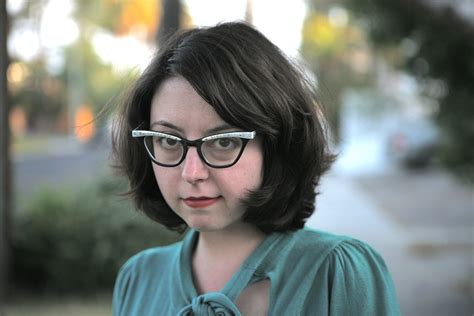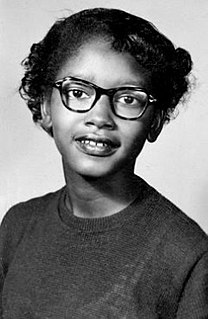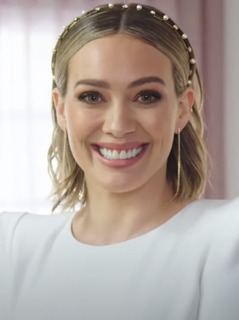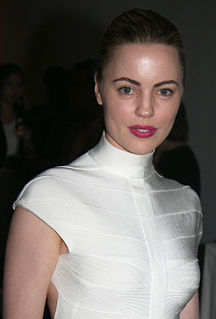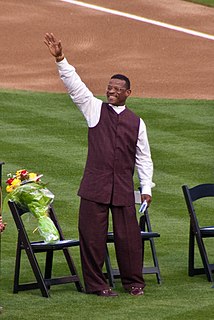A Quote by Robert Pattinson
I don't know what to say to people. It's become so big. It's become part of the cultural environment. For the first and second Twiglight, I knew exactly what to say to people. If you don't know what the story is by now, then you've probably never been to the cinema before. How about, "Why not go to the cinema for once?" I don't know.
Related Quotes
The biggest threat to your creativity is the fear that it's already been done, said, created. (So why bother?)
Say it, do it, make it anyway - but tell YOUR story along the way.
The story of how you came to know what you know.
The story of what you want to know more of.
The story of why you do what you do.
The story of how you came to care.
And that's how you create what's never been created before.
One often feels as though something had happened before, I remember. It comes quite close to you and stands there and you know it was just this way once before, exactly so; for an instant you almost know how it must go on, but then it disappears as you try to lay hold of it like smoke or a dead memory. "We could never remember, Isabelle," I say. "It's like the rain. That has also become one, out of two gasses, oxygen and hydrogen, which no longer remember they were once gasses. Now they are only rain and have no memory of an earlier time.
I have a degree in cinema studies and the big paper I wrote at the end of that was about Judy Garland and Liza Minnelli. So I thought that I knew quite a bit about Judy Garland, but I read in passing that the Stonewall riots were a reaction to her death and I had never really read enough to know what that meant or how that could be true. I was interested in that I knew so much about Judy Garland, but I really didn't know this story.
A successful day for me is when I teach people something. They become enlightened by an idea and learn how to think about it, so that later on when someone says, "Tell me about x, y, z," they don't have to say, "I know this because Tyson told me." No, they'll say, "Here's why it's true because I know and understand it."
Back then, as a teenager, I kept thinking, why don't the adults around here just say something? Say it so they know we don't accept segregation? I knew then and I know now that, when it comes to justice, there's no easy way to get it. You can't sugarcoat it. You have to take a stand and say, 'This is not right.'
Back then, as a teenager, I kept thinking, Why don't the adult around here just say something? Say it so they know we don't accept segregation? I knew then and I know now that, when it comes to justice, there is no easy way to get it. You can't sugarcoat it. You have to take a stand and say, 'This is not right.' And I did.
In formulating any philosophy the first consideration must always be: What can we know? That is, what can we be sure we know, or sure that we know we knew it, if indeed it is at all knowable. Or have we simply forgotten it and are too embarrassed to say anything? Descartes hinted at the problem when he wrote, 'My mind can never know my body, although it has become quite friendly with my legs.
In cinema people are always walking into something and saying this is who I am, what I want, and how I'm going to get it and we don't in life - particularly not in public situations. People might know your first name, not your last name, they don't know what you do, and you're not going to offer it up. So if you start there and you realize this is a much more normal presentation in a film then you would ordinarily have; you know that there is a big life behind what everyone presents and that I think is super interesting.
Listen: People are always saying, 'Rickey says Rickey.' But it's been blown way out of proportion. People might catch me, when they know I'm ticked off, saying, 'Rickey, what the heck are you doing, Rickey?' They say, 'Darn, Rickey, what are you saying Rickey for? Why don't you just say, 'I?' But I never did. I always said, 'Rickey,' and it become something for people to joke about.






